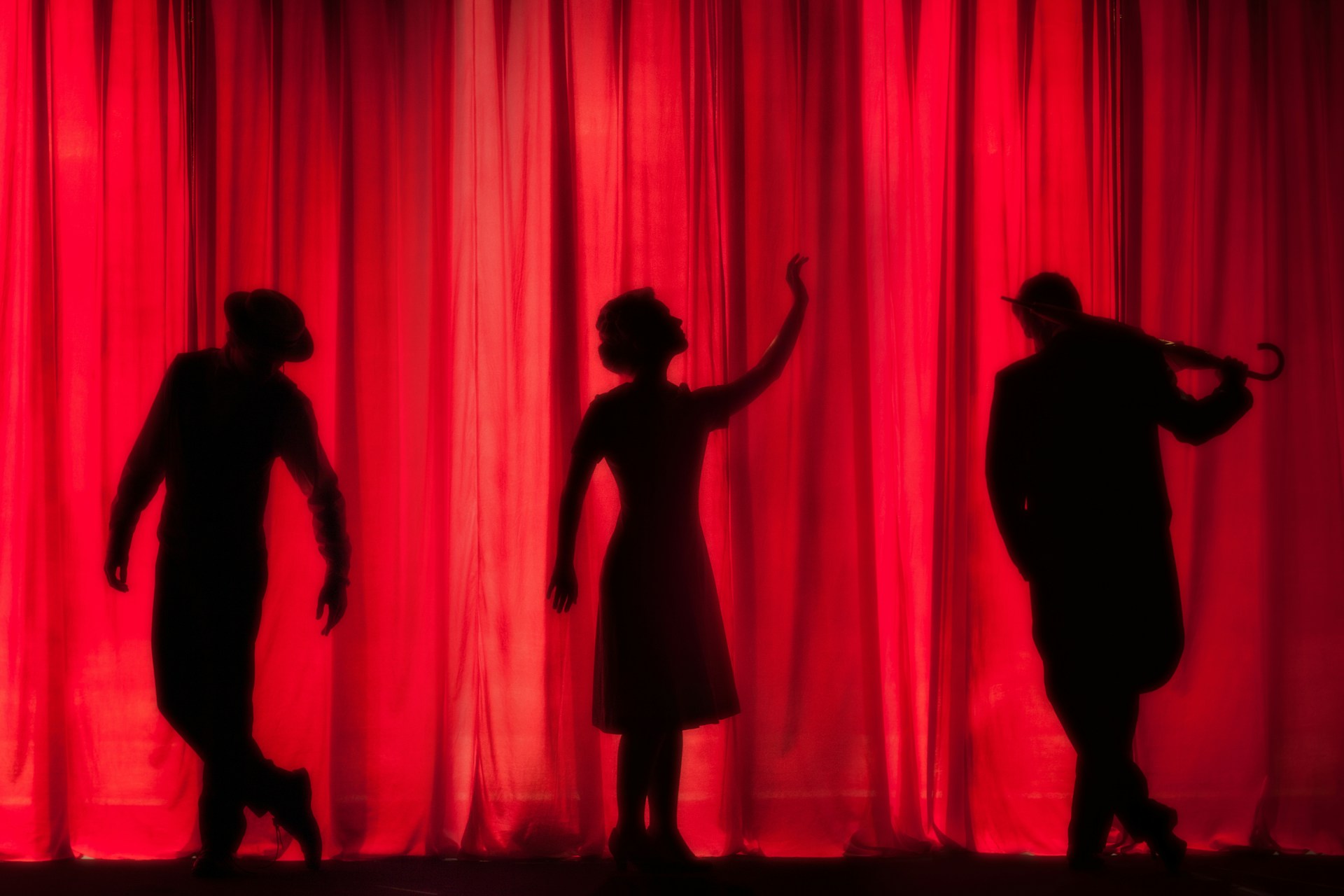Birmingham’s rich cultural scene, highlighted by its numerous theatres and galleries, plays a significant role in influencing local property prices. The presence of these cultural institutions not only enhances the city’s appeal but also contributes to the economic and social vitality of surrounding areas. Here’s how Birmingham’s theatres and galleries impact property prices and present opportunities for property investment.
- Cultural Appeal and Property Demand
Theatres and galleries, such as the Birmingham Repertory Theatre, Hippodrome, and the Ikon Gallery, attract a steady flow of visitors and cultural enthusiasts. This cultural magnetism enhances the desirability of nearby neighbourhoods, driving up demand for residential properties. Areas with a high concentration of cultural venues often see increased interest from buyers and renters who value proximity to arts and entertainment.
- Economic Revitalisation
Cultural institutions contribute significantly to the economic revitalisation of their surrounding areas. They stimulate local economies by attracting visitors who spend money in nearby shops, restaurants, and hotels. This economic boost can lead to the development of additional amenities and infrastructure, further increasing property values. For property investors, this means higher rental yields and long-term appreciation in areas close to theatres and galleries.
- Neighbourhood Development
The presence of theatres and galleries often leads to the development of vibrant, mixed-use neighbourhoods. These areas typically feature a blend of residential, commercial, and cultural spaces, creating a lively urban environment. Such neighbourhoods are highly attractive to young professionals, artists, and families, leading to a diverse and dynamic community. Investors can benefit from this diversity by targeting properties that appeal to a broad range of tenants.
- Enhanced Quality of Life
Living near cultural venues enhances the quality of life for residents. Easy access to performances, exhibitions, and cultural events provides entertainment and enrichment opportunities. This accessibility is particularly appealing to those who prioritise lifestyle and cultural engagement, driving up demand for properties in culturally rich areas. Higher demand translates to increased property prices and rental incomes.
- Regeneration Projects
Birmingham’s commitment to cultural development often involves significant regeneration projects. These projects can transform neglected areas into thriving cultural districts, attracting both residents and businesses. Property investors who identify and invest in these emerging areas early can benefit from substantial property value appreciation as regeneration efforts take effect.
- Tourism and Short-Term Rentals
Theatres and galleries also attract tourists, creating a strong market for short-term rentals. Properties located near major cultural attractions can command premium rates on platforms like Airbnb. This short-term rental market provides an additional revenue stream for property investors, particularly during peak tourist seasons and major cultural events.
Strategic Considerations for Investors
When investing in properties with the intention of leveraging the cultural appeal, proximity to major theatres and galleries is crucial. Properties within walking distance or easy access to these venues are more likely to attract high demand and offer better returns.
Investors should consider diversifying their property portfolio to include a mix of residential and commercial properties in culturally vibrant areas. This strategy can help balance risk and maximize returns by tapping into both long-term residential demand and short-term commercial opportunities.
Conducting thorough market research to understand the specific dynamics of areas surrounding cultural venues is essential. Understanding trends in property prices, rental yields, and tenant demographics can help investors make informed decisions and identify the most promising investment opportunities.






